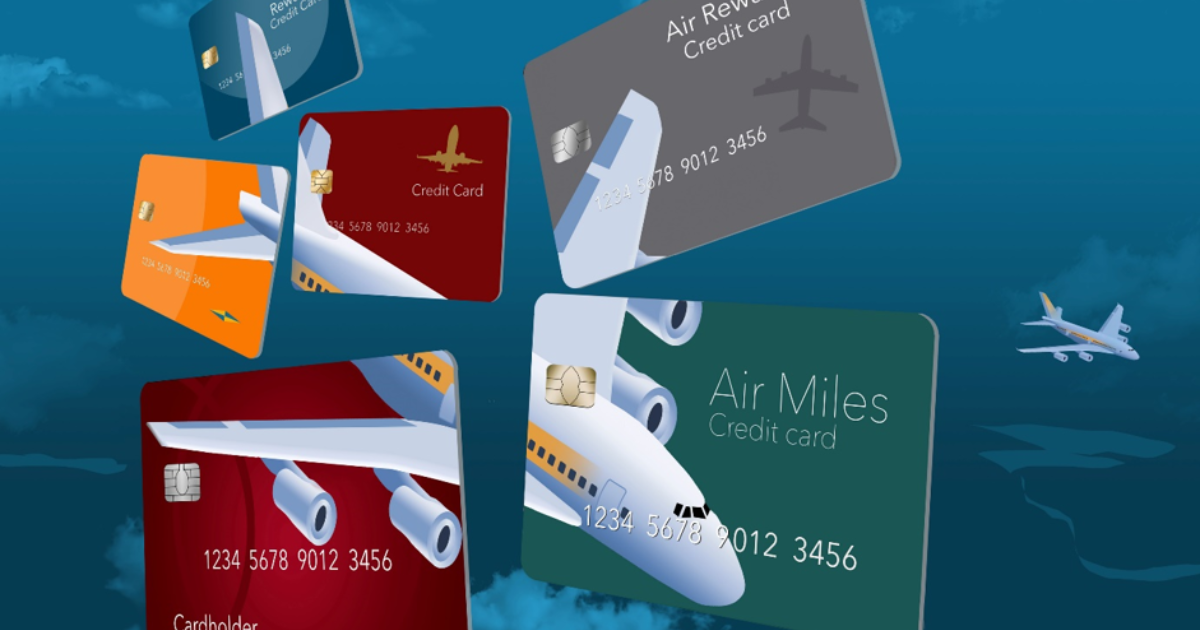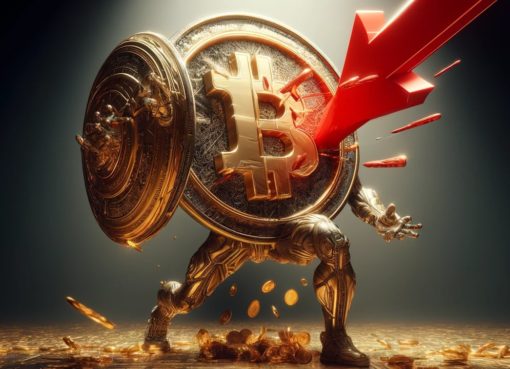It’s a universal truth: everyone loves free stuff. In fact, stuff that seems like it’s free – but which is actually packaged as a “reward” – is all the more loveable. Such is the attraction of frequent flyer programs which repay consumers for their continued loyalty with discounted flights and upgrades.
These programs are ubiquitous, with major domestic and international carriers keen to engage and incentivize their customer base. From 2013 to 2018, the six biggest U.S. airlines revamped their mileage programs, reducing the number of miles required to purchase a ticket while increasing the number of seats available for rewards travel. In spite of such efforts, millions of dollars worth of mileage go waste every year.
Mileage programs: no longer fits the purpose
Mileage points are, in their own way, a form of currency: like money they can be redeemed for goods and services, albeit in a narrow sense according to strict terms and conditions. However, it’s fair to say modern mileage programs fail to meet the expectations of modern consumers. Not only are they tricky to redeem but accrued miles can often expire before the customer has had a chance to use them. What’s more, loyalty points cannot be exchanged or pooled together (i.e. among friends or family members), and there is invariably a minimum threshold of miles which the customer must meet in order to qualify.
Pain points abound in mileage programs: some flights cannot be purchased with loyalty points, there is a lack of transparency governing airlines’ policies which change often, and flying with partner airlines can have complex consequences on your mileage points. There is also a lack of coordination between service companies such as airlines, e-commerce outlets, taxi firms and duty free shops. Wouldn’t it be great if you could spend your loyalty points on a cab to the airport, a gift in duty free, a coffee at the departure gate, a meal on the plane and an upgraded ticket?
The entire concept of earning and redeeming mileage points needs a radical overhaul to meet the expectations of consumers who crave simplicity and ease. It shouldn’t be difficult to accrue rewards points, and nor should it be onerous to spend them. The mileage point model must drive revenue and inspire loyalty, not cause headaches.
Blockchain: a proven driver of efficiency
Blockchain technology powers the Bitcoin network, as well as many other forms of cryptocurrency. However, its use cases extend beyond Bitcoin’s borders and it has been deployed in diverse industries to improve efficiency, transparency and security. Essentially, blockchain uses cryptography to record and store data that’s open to all and immune to corruption. It has the potential to ensure that loyalty programs remain sustainable long term by remunerating travelers for their fidelity using a distributed ledger that any party can access.
Emerging ecosystems are currently developing blockchain-based solutions to bring about improvements to physical asset traceability, taxation, e-voting, online security, revenue management, video games and even intellectual property ownership. Blockchain also has massive potential in the travel and hospitality sector, from tracking luggage on a decentralized database to storing identities on the blockchain and facilitating secure payments via digital wallets.
Rewards reimagined by the MiL.K Alliance
MiL.K Alliance is a blockchain platform that seeks to integrate the disparate rewards schemes managed by service providers (airlines, hotels, shopping outlets) into the travel, leisure and lifestyle sectors. The intention is to encourage repurchases by making it easier and more rewarding for customers to participate in the mileage economy.
In the MiL.K ecosystem, users convert loyalty points into the platform’s MLK token, which can then be redeemed by purchasing from any Alliance partner (or selling on an exchange for cash). The ease with which MLK tokens can be redeemed, as well as their exchangeability, should drastically reduce the number of mileage points which are currently wasted. Mileage points can also be bought at a lower price than actual value using MLK tokens.
Founded in 2018, the MiL.k Alliance has already partnered with Yanolja, Korea’s leading accommodation platform, and launched its MLK token on Upbit exchange in February, paired with BTC and fiat currencies KRW and Indonesia’s IRD. A full launch is expected during the second quarter of 2020, with assurances that other major global partners have signed up. The potential of the project is huge, providing both customers and companies see the value in revamping and unifying their mileage programs.
So, who stands to benefit most from using a platform such as MiL.k? Most probably international travelers and other frequent fliers who could not fail to see the benefit of maximizing the utility of their rewards points. Mileage redemption bargains have become far more elusive in recent years, subject to fixed mileage charts and restricted to expensive itineraries. By allowing travelers to redeem their mileage points more widely (rather than solely on flights), airlines will continue to incentivize their customer base; and other partners (restaurants, taxi companies, hotel chains) stand to benefit too.
Blockchain traverses the travel industry
Several other startups have already utilized blockchain technology in the travel industry. Take Winding Tree, for example: an open blockchain platform for making travel bookings while bypassing intermediaries. Executed by smart contracts, Winding Tree is powered by its own LIF token, which is optimized to carry travel-specific data and minimize foreign exchange fees. Winding Tree lets travel companies showcase their products and services to online travel agencies throughout the world, and was created to challenge the hegemony of multinationals (Expedia, Booking.com, etc) who act as gatekeepers to the industry. Lufthansa and Etihad Airways have already signed up, as have several hotel chains.
Accenture’s Known Traveler Identification System, run in collaboration with the World Economic Forum, is another notable example; combining biometrics and blockchain, the platform improves security by facilitating the seamless flow of people across borders. How? By giving travelers the ability to share their identifying information with authorities ahead of travel.
Qiibee currently lets businesses run their loyalty programs on the blockchain; companies can even create their own branded loyalty tokens and analyze the tokens’ performance in real time. As for customers, they get to use the Qiibee wallet app to store, transfer and trade loyalty tokens or exchange them for the native ERC20 token, QBX.
Could blockchain revolutionize loyalty programs?
The architecture of blockchain suggests that it could well revolutionize loyalty programs, in the travel industry and elsewhere. The technology could make it easier to redeem points and keep track of multiple loyalty programs, allowing customers to retain all mileage points in a single wallet. Loyalty fraud will be minimized due to blockchain’s immutable, time-stamped database and members may also be able to transfer points between different wallets.
MiL.K, and other innovative startups, are putting blockchain to good use by introducing pan-industry solutions that both enterprises and consumers can appreciate. As far as the travel industry is concerned, blockchain technology seems ripe for liftoff, with mileage programs an ideal testing ground.
Image Source: Depositphotos.com




